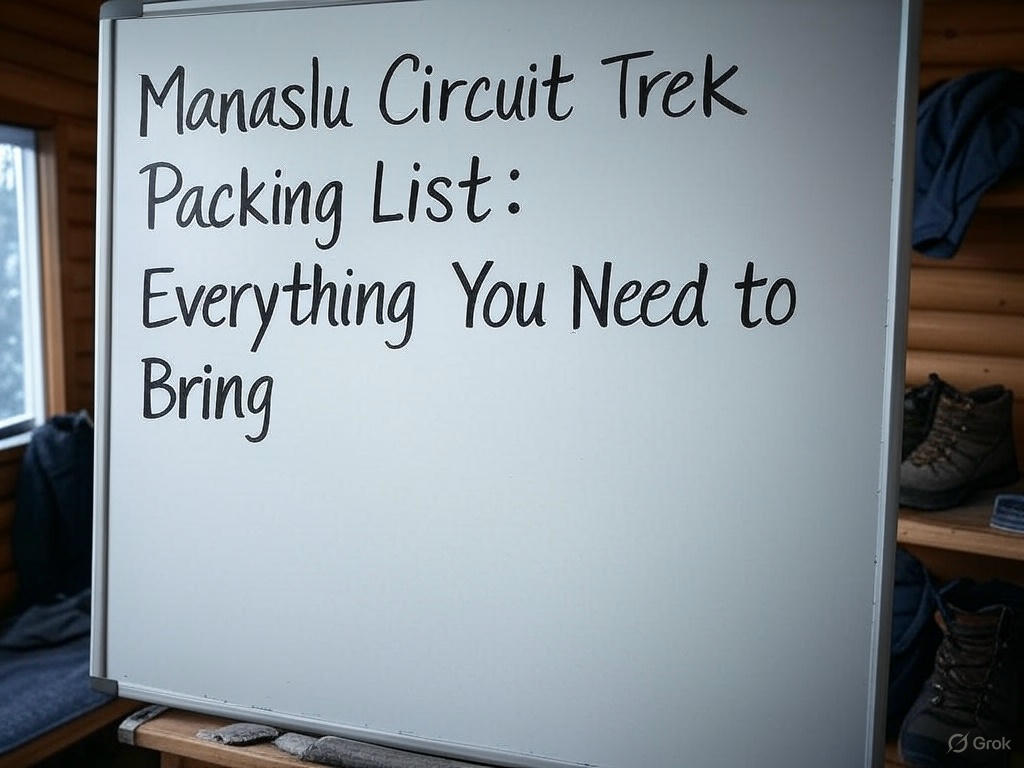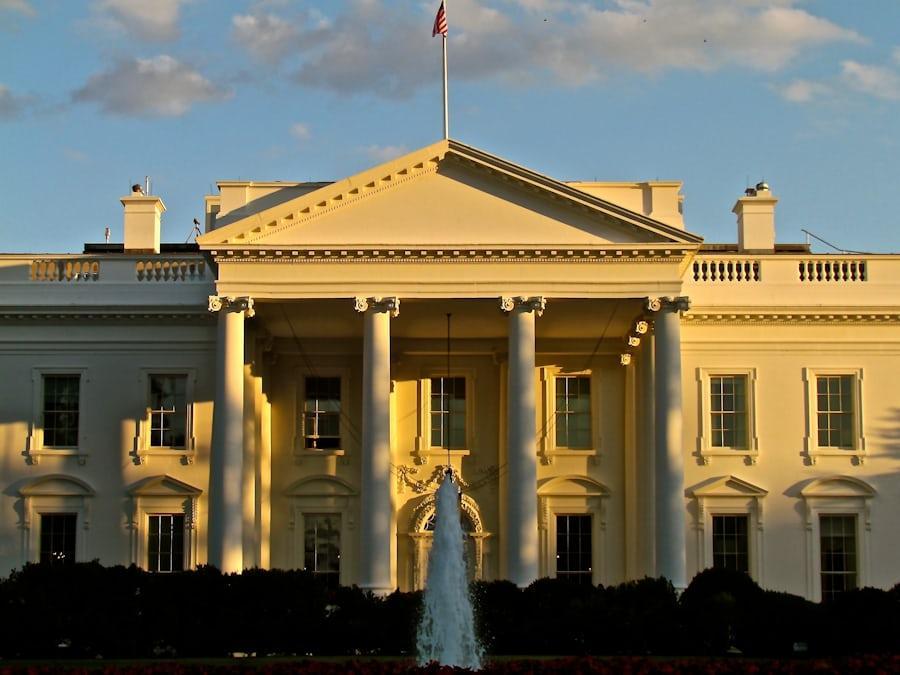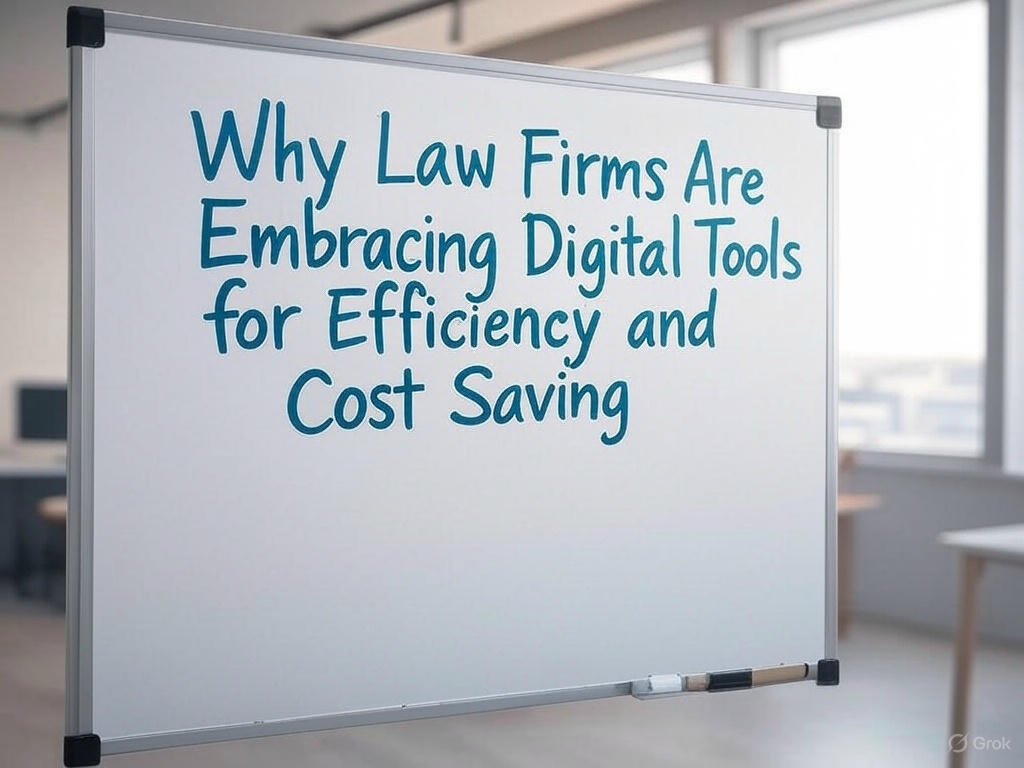Introduction: Love Shouldn’t Feel This Hard
Every relationship has its highs and lows — misunderstandings, unmet expectations, or emotional distance can creep in slowly. You may find yourself arguing more, feeling unheard, or wondering if you’re still on the same team.
That’s where relationship therapy and relationship counselling come in.
They’re not just for couples in crisis. They’re for anyone who wants to grow, reconnect, and build something stronger — together. In fact, more couples than ever are turning to therapy not as a last resort, but as a proactive tool for deeper communication, conflict resolution, and emotional safety.
In this blog, we’ll walk you through how relationship counselling works, what to expect, who it’s for, and why it’s one of the smartest investments you can make in your emotional health.
What Is Relationship Therapy?
Relationship therapy is a type of professional counselling where couples work with a licensed therapist to resolve conflict, deepen emotional intimacy, and improve communication.
This therapy is not about blame. It’s about creating a neutral, supportive space where each partner is heard, understood, and empowered to grow — both individually and as a couple.
Therapists use evidence-based techniques like:
- Emotionally Focused Therapy (EFT)
- The Gottman Method
- Cognitive Behavioral Couples Therapy
- Narrative Therapy
- Imago Relationship Therapy
What Is Relationship Counselling and How Is It Different?
While often used interchangeably, there’s a subtle distinction:
- Relationship counselling tends to be short-term, solution-focused, and aimed at resolving specific issues like trust, conflict, or life transitions.
- Relationship therapy is usually deeper, longer-term, and focused on patterns, emotional healing, and restructuring the way couples connect.
Whether you call it therapy or counselling, the goal is the same: to create healthier, happier, and more resilient relationships.
Why More Couples Are Choosing Therapy Today
Modern relationships are more complex than ever. Couples now face unique challenges:
- Work stress and burnout
- Digital distractions and social media pressure
- Mismatched emotional needs or attachment styles
- Financial stress and role conflicts
- Parenting differences
- Long-distance dynamics
According to a national couples study:
- 68% of couples who sought therapy reported improved communication
- 71% said they were more satisfied with their relationship after sessions
- 54% said they wished they had started counselling earlier
This shows that therapy isn’t just reactive — it’s highly effective and increasingly viewed as a smart relationship tool.
Who Needs Relationship Counselling?
Anyone in a relationship can benefit — not just those in crisis. Here are some signs that relationship counselling might help:
Emotional Disconnect:
- You feel more like roommates than partners
- Physical intimacy or affection has dropped
- You don’t feel heard, appreciated, or validated
Frequent Conflict:
- Arguments feel repetitive and unresolved
- Small issues escalate quickly
- Communication feels like a battle, not a dialogue
Trust Issues:
- Past betrayals or infidelity
- Jealousy, snooping, or fear of abandonment
- Lack of emotional transparency
Life Transitions:
- Moving in together, getting married, or having kids
- Relocating or navigating cultural differences
- Coping with grief, illness, or job changes
Preventive Growth:
- Pre-marital counselling
- Planning for shared goals and parenting
- Learning each other’s love languages and conflict styles
You don’t need to hit “rock bottom” to ask for help. Sometimes, showing up early is what prevents deeper fractures.
What Happens in Relationship Therapy? A Step-by-Step Overview
Knowing what to expect can ease anxiety about starting.
Step 1: The Intake Session
Your therapist learns about your history, communication style, current concerns, and relationship goals. Both partners are encouraged to share their perspectives equally.
Step 2: Identifying Core Issues
Your therapist helps spot hidden patterns behind surface problems — like attachment fears, unmet needs, or communication misfires.
Step 3: Learning Tools and Skills
You’ll practice:
- Active listening
- Non-defensive communication
- Managing triggers and stress responses
- Rebuilding trust and emotional safety
Step 4: Practicing at Home
You’ll be given exercises to implement in your daily life — from mindful check-ins to conflict scripts.
Step 5: Review and Reconnect
Over time, sessions become less frequent as couples internalize skills and see positive changes in behavior, empathy, and connection.
Benefits of Relationship Therapy and Counselling
| Benefit | How It Helps |
| Improved communication | Learn to speak and listen without blame |
| Deeper intimacy | Reignite emotional and physical closeness |
| Stronger conflict resolution | Fight fair and solve, not repeat |
| Better boundaries | Know where self ends and the relationship begins |
| Healing old wounds | Repair after betrayals or past hurts |
| Clarity on the future | Decide whether to grow together — or apart with respect |
Therapy doesn’t guarantee “forever,” but it does guarantee growth, clarity, and emotional intelligence.
Types of Couples Who Attend Relationship Counselling
- Dating Couples: Navigating commitment, boundaries, or lifestyle differences
- Engaged Couples: Pre-marital support to align on values, money, and family
- Married Couples: Dealing with stress, parenting, or loss of passion
- LGBTQ+ Couples: Navigating identity, family dynamics, and societal stress
- Intercultural/Interfaith Couples: Managing tradition, values, and blended family systems
- Couples Post-Affair: Rebuilding after betrayal or emotional infidelity
Therapists tailor sessions to your identity, context, and goals.
What If Only One Partner Wants Therapy?
That’s okay.
One partner can start alone. Often, once they begin working on their communication, empathy, or healing — the other partner notices and becomes open too.
Even solo relationship counselling can improve dynamics, set healthy boundaries, and help you feel more grounded in your decisions.
Common Misconceptions About Relationship Therapy
| Myth | Truth |
| “Therapy means our relationship is failing.” | No — therapy is like coaching. It’s proactive, not reactive. |
| “The therapist will take sides.” | Good therapists stay neutral and balance both voices. |
| “We can fix this ourselves.” | If you could, you likely would have by now. Therapy provides tools you don’t learn in school. |
| “It’s only for married people.” | Anyone in a meaningful relationship can benefit — at any stage. |
Seeking help isn’t weakness. It’s wisdom.
How to Choose the Right Therapist for Relationship Issues
Look for:
- ✔️ Licensing and credentials in psychology or marriage/family therapy
- ✔️ Experience with couples counselling and your specific concerns (e.g., infidelity, cross-cultural issues)
- ✔️ Neutrality — they should make both partners feel heard and safe
- ✔️ Approach compatibility — some couples prefer structured sessions (e.g., Gottman Method), others want open-ended dialogue
A quick consultation can help you decide if the therapist is the right fit.
Statistics: Does Relationship Therapy Actually Work?
According to recent data from clinical psychology research:
- 70% of couples who complete therapy report significant improvement
- Over 90% say they feel more emotionally connected after 10 sessions
- Couples who start therapy early have a 40% higher success rate in resolving core issues compared to those who wait until conflict escalates
These numbers make one thing clear: relationship therapy works — when both people show up with openness and effort.
Frequently Asked Questions
Q: How long does relationship counselling take?
Anywhere from 5–20 sessions, depending on the complexity of issues and consistency in applying strategies.
Q: Can therapy save a failing relationship?
Sometimes yes — but more importantly, it helps couples gain clarity on whether to stay, change, or part ways respectfully.
Q: Is it too late to start therapy if we’re constantly fighting?
Not at all. Many couples begin in crisis and still experience transformative growth.
Conclusion: Strong Relationships Are Built — Not Born
Conflict isn’t the enemy. Avoidance is.
Every couple argues, gets disconnected, or loses touch — but not every couple chooses to fight for connection.
Relationship therapy and relationship counselling are tools that help couples heal, grow, and thrive. They help you rediscover the “us” behind the chaos. And they remind you that love isn’t just a feeling — it’s a skill set.
Whether you’re dating, married, or somewhere in between, the smartest couples know: getting help isn’t failure — it’s future-proofing your love.




